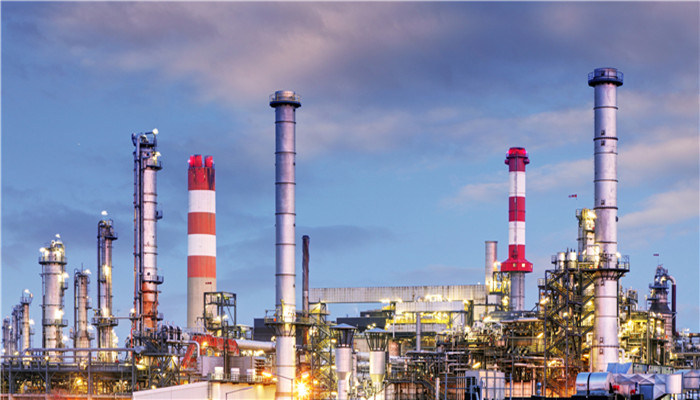
my country’s FCC catalyst scale efficiency is not obvious, and the industry has large room for development
FCC (catalytic cracking) catalyst is a substance that can change the chemical reaction rate (increase or decrease) of the reactants in the FCC reaction without changing the chemical balance, and its own quality and chemical properties do not change before and after the FCC reaction. With the development of catalytic cracking technology, catalytic cracking catalysts are constantly being updated, and more types of FCC catalysts have emerged. Its main varieties include heavy oil catalysts, prolific low-carbon olefin catalysts, gasoline olefin reduction catalysts, gasoline sulfur reduction catalysts, etc.
The production of FCC catalysts has high technical, financial and channel barriers. Therefore, the production of FCC catalysts is concentrated in the hands of a few companies, both globally and in China. From a global perspective, the United States is the originator of catalytic cracking technology and has world-renowned FCC catalyst manufacturers, such as Grace, Albemarle, CC&T, UOP, Dow, etc. In addition, German companies such as BASF and Southern Chemical are also engaged in global FCC catalyst production. It occupies an important position in the field. The above-mentioned foreign companies started developing early and have high levels of FCC catalyst production technology, occupying most of the global market share.
From a domestic perspective, FCC catalysts are mainly used in petroleum refining. Since domestic petroleum refining is monopolized by PetroChina and Sinopec, the manufacturers of FCC catalysts are mainly PetroChina, Sinopec and their affiliated enterprises as well as some smaller private enterprises. According to 《Global and China in 2022 released by the Industrial Research Center FCC catalyst industry in-depth research report》 shows that Grace Catalysts Technologies, BASF, Albemarle, Sinopec, The FCC catalyst share of PetroChina, Qingdao Huicheng Environmental Protection Technology Co., Ltd. and other companies accounts for more than 95% of the total share, and the market concentration is high.
In terms of consumption areas, there are many refineries in East China, represented by Shandong, Jiangsu, and Zhejiang. Especially in coastal areas, shipping is developed, which facilitates the import and transportation of crude oil. The scale of crude oil processing is large, and the consumption of FCC catalysts is huge. The western and northeastern regions are rich in oil resources and are the areas where China’s refineries are more widely distributed. The economies of South China and North China continue to develop, the heavy industry industry has developed at a high level, and the refining industry has developed accordingly, driving up the demand for FCC catalysts. Central China is located inland, and oil transportation is inconvenient. In addition, oil reserves and production are small. Therefore, the scale of the oil refining industry is relatively small, and the demand for FCC catalysts is not large.
Industrial researchers believe that FCC catalysts are the key to achieving efficient conversion and clean utilization of petroleum. In recent decades, due to catalytic cracking and other The advancement of many technologies has promoted the leapfrog development of my country’s oil refining industry. FCC catalysts play a key role in refineries meeting fuel standards, improving operating efficiency, improving conversion rates and selectivity, and complying with environmental protection trends. At present, there is a gap between my country’s FCC catalyst industry and foreign countries in terms of scale efficiency and price, and there is still a lot of room for development in the scale of FCC catalysts.

 微信扫一扫打赏
微信扫一扫打赏

